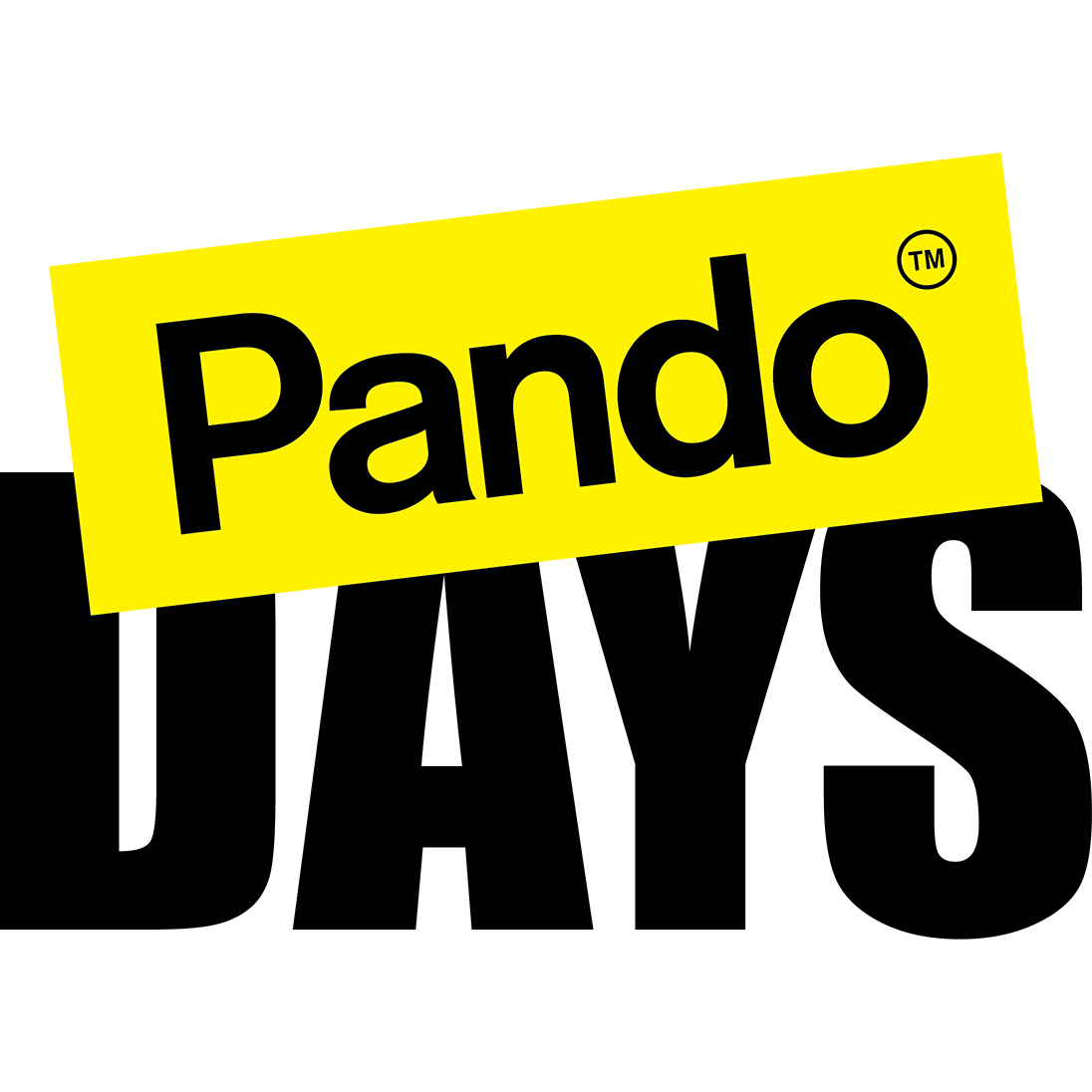We have a plan to create positive impact. Beginning with the ones we can inspire. The young ones. And all the others who still have hope.
We believe that people can make a difference, and give them the tools they need to make it happen.
Pando is a non-profit producer of educational programs for civic engagement with the end goal of building a more sustainable California Southland.
Because the challenges of sustainability are highly complex, we offer curricular frameworks and resources that intertwine knowledge, social entrepreneurship, and intellectual development. Because the challenges are pressing, we focus our programs on delivering real-world results. Because the challenges can be nearly overwhelming, our programs are hopeful and driven by can-do spirit.
We define our approach as the Pando process.
Knowledge
The knowledge we offer focuses on sustainability content related to the OurCounty LA sustainability plan, the most ambitious regional sustainability plan in the country. Our educational framework is project-centered. As such, it is transdisciplinary.
Curricular resources are of two kinds: sustainability- and project-related. The sustainability content we offer extends from a manual on Southern California regional sustainability plans to guest lecture opportunities with sustainability professionals.
Our project-related resources include project development coaching; a professional brainstorming workshop; project narrative development and presentation coaching; mentoring and advisory opportunities, and direct R&D financial support.
Action lab
Pando programs are unique for moving projects that have been developed in the classroom into the real world for implementation.
We use an “action lab” model in which big challenges are identified, bold objectives set, and ingenious innovations hammered out before being given a test-drive.
Typically, action labs are applied to broad social challenges, such as economic development or criminal justice. We are applying the model to the challenge of regional resiliency, with goals defined by regional public agencies.
Intellectual development
Intellectual development is how we reference the relationship of sustainability goals and objectives to the big ideas of civilization.
Writing in a different but applicable context, the University of North Carolina Chapel Hill business school professor Molly Worthen comments, “it is hard to teach narrow, applied skills and also encourage students to wrestle with giant, ambiguous questions about ultimate values and hierarchies of power.” But this is what we aim to do.
Through salon events, blog posts, and retreats, we help ground assumptions that lie at the root of sustainability, and question fundamental premises. We include intergenerational sharing.
The Pando process lies at the heart of all our civic engagement initiatives. Pando Days is our flagship program within higher ed; Magenta House is for middle school.
Pando calendar
The Pando calendar begins in the fall with higher ed and K-12 programs that support project-centered courses, studios and labs focused on implementing LA County’s sustainability plan.
In the spring of the year, we help implement the most promising projects conceived over the fall term. Activities include a major event for project showcasing and networking that brings together public agencies, businesses and NGOs, funders and education partners. (See Pando Days Finale.)
We devote the summer to program development. At summer’s end, we host an annual roadtrip to Pando (public health conditions allowing) that brings the Pando community together at the site of the one-tree forest and our namesake in south-central Utah for assessment, planning, and reflection.
See our program list for examples of how the Pando process is creating positive change.
Pando process in action

PANDO DAYS
Pando Days launched with a single aim: implement LA County goals for regional resilience. In response, we pulled together the County’s leading creative and intellectual talent, launched both public and targeted brainstorming, provided project development and narrative coaching, and catalyzed 10 college and university teams to develop their ideas in the first year with dedicated courses, studios or labs. We supported them with specialist advice and micro funding. The program delivered transdisciplinary, project-centered learning along with actionable community-based projects. At the end of our first year, 4 Pando Days projects received early-stage support from outside funders, including Google and the Mellon Foundation. By the end of 2022, some three dozen Pando Days projects have been developed across the Southland, involving 20 higher ed institutions, some 30 professors, and 400 students.